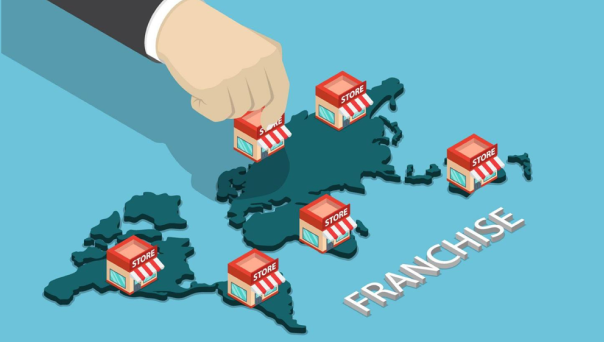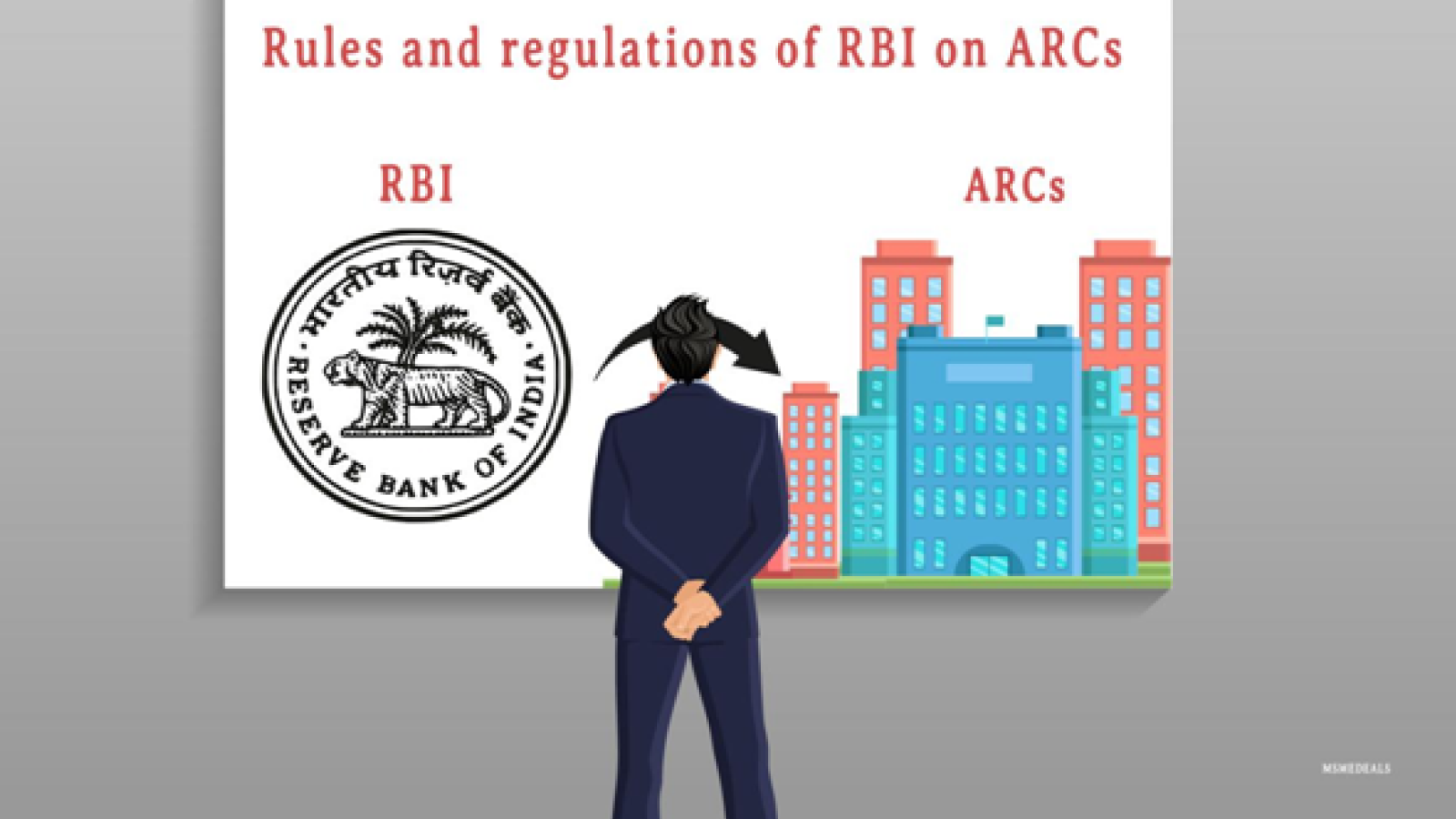
Benefits of Franchise
A franchise is essentially a business model that allows a well-established company (the franchisor) to partner with individual entrepreneurs (the franchisees) to sell its products or services.
The Advantages of Franchising: Unlocking Business Success
Franchising has become a popular and effective business model for both franchisors and franchisees. It offers a structured approach to business expansion, providing numerous benefits that can lead to significant success and growth. Here’s an in-depth look at the benefits of franchising for both parties involved.
Benefits for Franchisees
1. Established Brand and Reputation
- Instant Recognition: Franchisees benefit from operating under a well-known brand name that already has a market presence and customer trust.
- Proven Business Model: The business model has been tested and refined, reducing the risks associated with starting a new business from scratch.
2. Training and Support
- Comprehensive Training: Franchisors typically provide extensive training programs covering operations, management, and marketing, ensuring that franchisees are well-prepared to run the business.
- Ongoing Support: Continuous support is offered in areas such as marketing, technology, and operations, helping franchisees navigate challenges and grow their business.
3. Marketing and Advertising
- National and Regional Campaigns: Franchisees benefit from the franchisor’s large-scale marketing and advertising efforts, which drive brand awareness and customer traffic.
- Local Marketing Assistance: Franchisors often provide guidance and materials for local marketing initiatives, helping franchisees attract customers in their specific market.
4. Lower Risk and Higher Success Rate
- Proven Track Record: Franchise businesses typically have a higher success rate compared to independent startups due to the established systems and support provided.
- Reduced Risk: The franchisor’s experience and proven methods reduce the risk of business failure for franchisees.
5. Access to Financing
- Easier Financing Options: Lenders are often more willing to provide financing to franchisees of well-established brands due to the lower risk involved.
- Franchisor Assistance: Some franchisors offer financial assistance or have relationships with lenders to help franchisees secure the necessary capital.
6. Operational Efficiency
- Streamlined Operations: Franchise systems are designed for efficiency, providing standardized procedures and processes that streamline operations and improve profitability.
- Bulk Purchasing Power: Franchisees often benefit from the franchisor’s ability to negotiate better pricing for supplies and inventory due to bulk purchasing.
7. Supportive Network
- Franchise Community: Being part of a franchise network allows franchisees to connect with other franchise owners, share experiences, and learn from each other.
- Regional and National Conferences: Franchise systems often host events where franchisees can gain insights, learn best practices, and build relationships within the network.
Benefits for Franchisors
1. Rapid Expansion
- Scalability: Franchising allows businesses to expand quickly without the need for significant capital investment, as franchisees use their own resources to open new locations.
- Market Penetration: Franchisors can achieve broader market penetration and brand presence by leveraging the local knowledge and expertise of franchisees.
2. Increased Revenue Streams
- Franchise Fees: Franchisors earn revenue from initial franchise fees paid by franchisees.
- Royalties: Ongoing royalties based on franchisee sales provide a continuous revenue stream for franchisors.
3. Risk Mitigation
- Shared Risk: The financial risk of opening and operating new locations is shared with franchisees, reducing the overall risk for franchisors.
- Local Ownership: Franchisees, as local owners, are highly motivated to ensure the success of their businesses, leading to better performance and lower risk for the franchisor.
4. Brand Strength and Market Share
- Enhanced Brand Recognition: A larger network of franchise locations increases brand visibility and recognition, strengthening the brand’s market position.
- Economies of Scale: As the franchise network grows, franchisors can achieve economies of scale in marketing, purchasing, and other operational areas, reducing costs and increasing profitability.
5. Focus on Core Business
- Operational Delegation: By franchising, the franchisor can delegate day-to-day operations to franchisees and focus on core business areas such as brand development, innovation, and strategic growth.
- Market Adaptation: Franchisees, being local operators, provide valuable market insights and feedback, helping the franchisor adapt and improve the business model.
6. Innovation and Improvement
- Franchisee Innovation: Franchisees often bring fresh ideas and innovations that can benefit the entire franchise system.
- Continuous Improvement: Feedback from franchisees helps franchisors continuously improve products, services, and operational processes.
Conclusion
Franchising offers a mutually beneficial arrangement for both franchisors and franchisees. Franchisees gain access to a proven business model, established brand, comprehensive support, and reduced risk, which can significantly enhance their chances of success. For franchisors, franchising provides a powerful means of rapid expansion, increased revenue, risk mitigation, and enhanced brand strength.
By understanding and leveraging the benefits of franchising, both parties can achieve substantial growth and success in the competitive business landscape. Whether you are an aspiring entrepreneur looking to join a franchise or an established business seeking to expand through franchising, this model can provide a pathway to achieving your business goals.






















